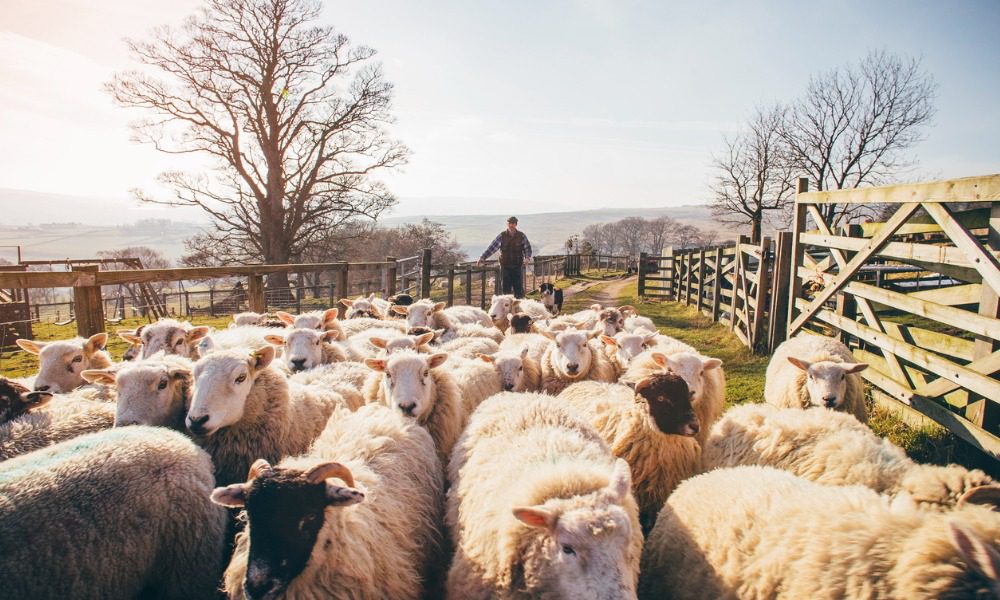Sheep farmers trim insurance amid plummeting prices

Sheep farmers trim insurance amid plummeting prices | Insurance Business New Zealand
Insurance News
Sheep farmers trim insurance amid plummeting prices
Export prices down by 30% over the last two years
Insurance News
By
Roxanne Libatique
New Zealand sheep farmers are cutting insurance coverage to reduce expenses amid plummeting export prices and rising operational costs.
However, this reduction does not mask the overall financial strain that insurance imposes, having increased fourfold over the past eight years.
Barton noted that farmers are trying to find cost-cutting measures where possible, yet certain expenses remain unavoidable.
“The thing in the rural community, at the end of the day, it might just be one to two people not going up someone’s drive for work that day, whereas it’s far more graphic in Wellington where MPI (Ministry for Primary Industries) or whatever, MBIE (Ministry of Business, Innovation and Employment), have just canned a reasonable chunk of workforce who won’t be walking out their door at the end of the day,” he said, as reported by RNZ. “Looks quite graphic when you’ve got 50 people not walking out a door.
“But actually, in the regional economy, these people are adding real value. I always, unfortunately, look at Wellington like a bit of a vortex sucking cash out of the rest of the economy.”
Farmers weigh financial considerations against risks
This trend reflects broader adjustments in the farming sector, as many farmers are forced to weigh financial considerations against potential risks. While they recognise that scaling back insurance can save money immediately, it could also leave them exposed to higher financial losses from unexpected events.
“I’m aware of one business where there’s $120,000 of lime and fertiliser that won’t be going on. And that’s just maintenance – we’re not talking about increasing production; we’re just talking about maintaining,” Barton said. “And the same farm still ends up with an $88,000 deficit. They’re circa 8,000 stock units, so bigger than your average New Zealand farm, but similar to many Wairarapa eastern hill country properties. So, there’s some pretty serious deficits looming.”
What is happening to the sheep farming sector?
Economist Susan Kilsby from ANZ noted that weak international markets are unlikely to improve soon.
“It’s looking challenging for the lamb sector and the mutton sector. We’re not really expecting any improvement in international prices in the next 12 months or so, so cash flows are likely to deteriorate even further over that time. Some people are finding it hard to see the light at the end of the tunnel,” she said, as reported by RNZ.
Related Stories
Keep up with the latest news and events
Join our mailing list, it’s free!






